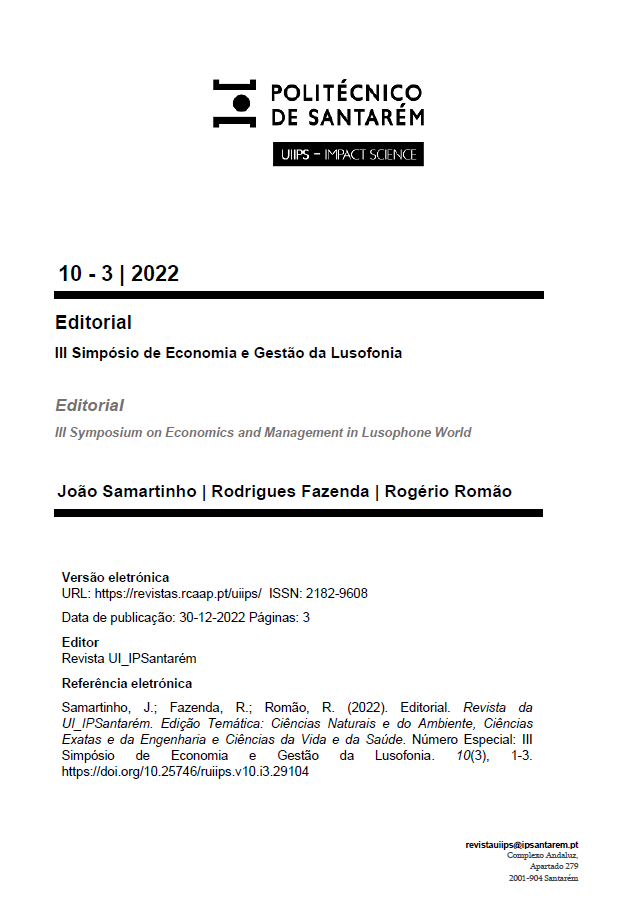The Dilemma of "being" and "not being" Artificial Intelligence: Discourse on the Method of Artificial Intelligence for the Development of its "Scientific Status" in Computing
Exact and Engineering Sciences
DOI:
https://doi.org/10.25746/ruiips.v10.i3.29120Keywords:
Artificial Intelligence, Computing, Scientific Status, Object and MethodAbstract
Artificial Intelligence (AI) is pointed out, in the literature, as the area of knowledge that will revolutionize the human condition in the coming years, it is at the center of current innovations and transformations in various sectors of development. However, it carries with it several contradictions that make it difficult to define its Scientific Statute, in computing, since the date of its creation in 1956. This work aims to define the Object and Method of AI as a condition for the development of its Scientific Statute in Computing. This time, the Historical and Dialectical methods will be chosen for research, which will have, as expected results, the development of a Life Cycle Model for AI (MCVIA) and Core Competencies of AI. A relevant conclusion of the research is that, the object of AI is animal intelligence, not computers, and the method of AI is philosophical-mathematical, and not mathematical as has been the practice.
Downloads
Published
How to Cite
License
Copyright (c) 2022 Luís Roberto da Silva Olumene

This work is licensed under a Creative Commons Attribution-NonCommercial-NoDerivatives 4.0 International License.
Authors publishing in this journal agree to the following terms:
Authors retain copyright and grant the journal the right of first publication, with the article simultaneously licensed under the Creative Commons Attribution License that allows sharing of the work with acknowledgement of authorship and initial publication in this journal.
Authors are permitted to enter into additional contracts separately for non-exclusive distribution of the version of the article published in this journal (e.g., publish in an institutional repository or as a book chapter), with acknowledgment of authorship and initial publication in this journal.
Authors have permission and are encouraged to publish and distribute their work online (e.g., in institutional repositories or on their personal webpage) at any point before or during the editorial process, as this may generate productive changes, as well as increase the impact and citation of the published work.



